The Power of the Unplug
It always starts with That One Story. “I’ll be off of Instagram and Snapchat for now. Message me on Whatsapp if you need to reach me!” The caption reads. It’s positioned right next to my stressed-out-self. I mask my worries with a peace sign and a slight smile. I hit share, and immediately a green circle appears on my Instagram. That One Story, albeit a short one, transcends borders as it is viewed by more than eighty people around the world. That One Story announces my ‘infamous’ social media hiatus.
My close friends know better than to trust it. They now understand my routine better than I do. Whenever I post That One Story, I can always feel their virtual quizzical looks. But they, as good friends should, support me in my decisions without questioning my intentions. I thank them for that. No matter how many times I repeat the same behavior, one thing that remains constant is my newfound appreciation for social media breaks, and how they significantly improve my emotional and mental wellbeing. COVID-19 guaranteed physical isolation, but at the same time, it helped me realize that there is a sense of power in unplugging and separating yourself from the digital world, no matter for how long. I learned, for the first time in my life, that it’s important to set boundaries offline and online.
It was hard for me to have this realization. I had to be honest with myself. One day, I reluctantly checked my screen time to face the facts. Numbers don’t lie, and those double digits on the screen showed me that all I did during the day was doomscroll on TikTok, watch X-Factor auditions on YouTube, (guiltily) the Real Housewives of Beverly Hills on Netflix, engage in political Twitter wars, and stay up to date with the Royal Family’s drama. All whilst trying to stay on top of law school.
I was hooked onto the digital sphere. Every day I woke up, gravitating towards my phone to see what I missed out on during the seven hours I was asleep. I felt nervous and restless if I didn’t tell my friends about what I was doing on an hourly basis. Although everything I mentioned above helped me distract myself from COVID-ridden circumstances and the state of the world, I started to realize the amount of exhaustion I felt while over consuming all of this media. There were too many things to keep track of at once, and I just wanted to... stop. So, I did.
As they say, the first step to solving a problem is to recognize that there is one to begin with. I started to research ways in which I could limit my time online, and why it should be done. Karin Eldor suggests that social media breaks can help you do things for yourself rather than you always doing them for the ‘gram. She also writes that taking a break from social media can help you reclaim your time, improve your productivity, and help you come back stronger so you can have more genuine connections with your friends.
I started to follow her advice, and have been doing so for the past few weeks. It can be difficult to do this in time of FOMO (fear of missing out). Trust me, I know. But so far, distancing myself from the online world has helped me reclaim my peace of mind, and helped me immerse myself into the real world.
At one point in the past year, as scary as it sounds, social media started to become my life, instead of it being a part of my life. If you feel like this applies to you as well, or you simply just want to distance yourself from the technological world that just does not seem to stop, know that you’re not alone. You, like me, can also add That One Story on your Instagram and take a step back. You’re allowed to. Let’s be FOMO together.
